
I’ve been watching a YouTube channel about Borneo orangutans, and realized that these animals remind me of myself after cancer.

I’ve been watching a YouTube channel about Borneo orangutans, and realized that these animals remind me of myself after cancer.
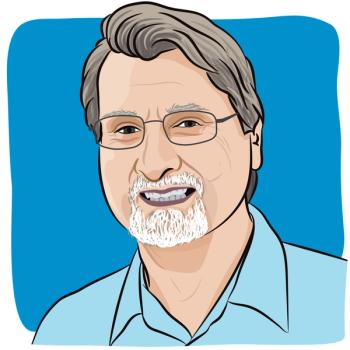
From high prices in the supermarket to rising PSA levels, inflation can affect patients with cancer on more than one level.
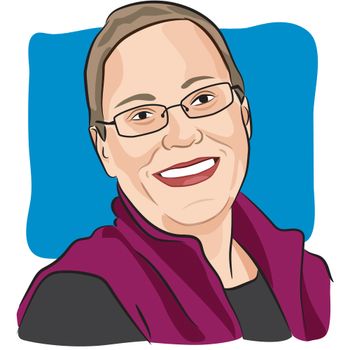
Having cancer care denied or delayed is not a harmless situation when your life is on the line.

I recently came across a Twitter thread where people were shaming a cancer survivor’s decisions, forcing me to step back before reacting.
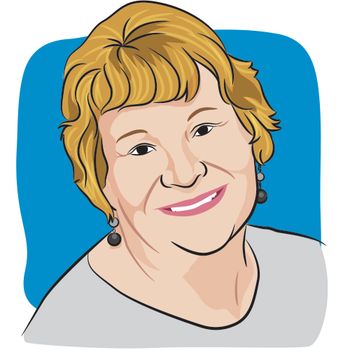
While the large cancer hospitals do amazing work, I am extremely grateful for my local cancer center.

After being diagnosed with cancer, my love for December is not just Christmas.
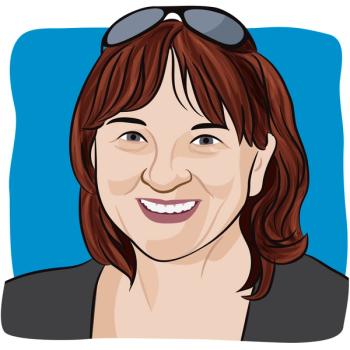
No matter how grateful I feel this holiday season, I fear that my daughter’s no evidence of disease status was just a roll of the dice — and another roll can take us back to the world of cancer.
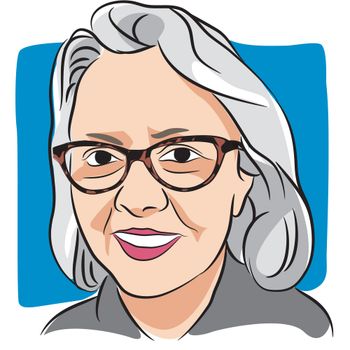
During this holiday season, lighting candles in remembrance and in honor of those who need a little light on their cancer journeys helps me cope, too.

As I work on a holiday drawing, the coyotes are howling outside, while inside, my cat and I are reminded of my wife who died of breast cancer.
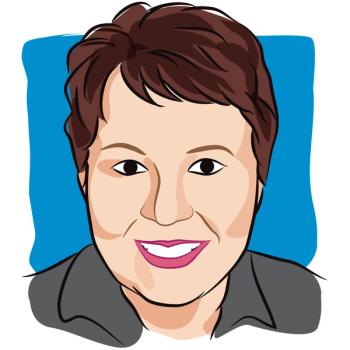
Now that I’ve met my insurance premium, I’m scheduling some year-end cancer appointments, and praying for good results.

The breast cancer community is made up of men and women who understand the importance of camaraderie. By showing each other love and support, no one ever feels alone.
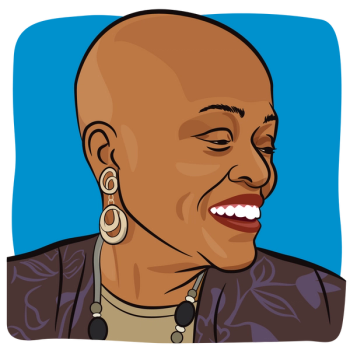
In my cousin Barbara’s salon, a group of fellow Black women helped boost my confidence as I shaved my head after being diagnosed with cancer.

When I experienced a sarcoma recurrence in 2017, I was given less than a 10% chance to live for five years. Now that I’ve surpassed that statistic and celebrated my five-year wedding anniversary, I’ve proven to myself that I’m not defined by cancer statistics.
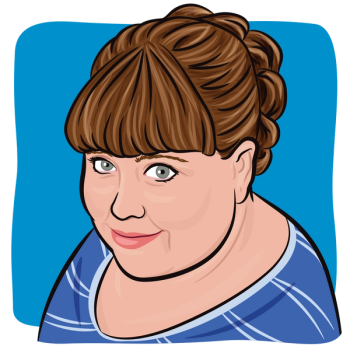
I was told I had the “good” type of breast cancer, but does such a thing even exist? I think not.

From ballooning ankles to rashes, there were multiple chemotherapy side effects that I had to deal with — here’s how I did it.

Men often decide to tough out their cancer alone, but tough guy Terry Bradshaw is starting to open up about his sometimes-rocky journey with the disease.

Once I got the hang of administering subcutaneous immunoglobulin, my life was so much easier, as I no longer had to undergo monthly IV infusions for my cancer-related compromised immune system.
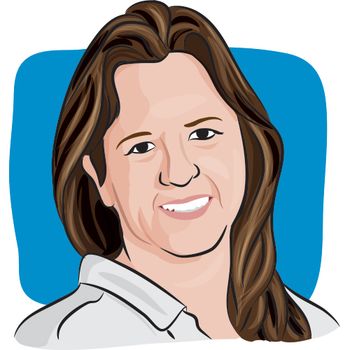
I am not allowed to use CBD products, so when my oncology team recommended I try them, it gave me pause.
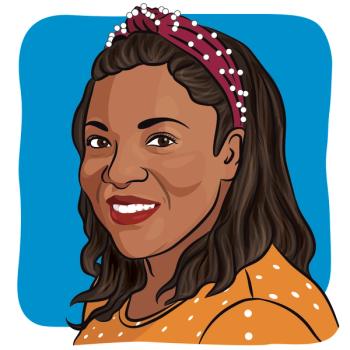
Years after I went through mesothelioma, my husband was diagnosed with cancer, causing a reversal in the patient-caregiver roles.

I’ve realized that my forgetfulness and business of working multiple jobs through cancer might have actually helped my mental health.
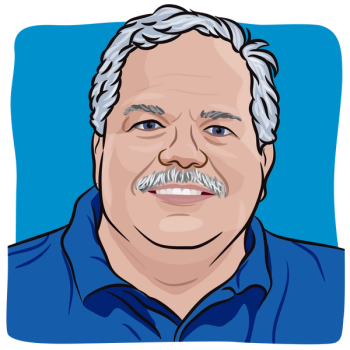
Going through chemotherapy treatment was extremely difficult, and eventually I learned that sometimes, it’s OK to not be OK.

Despite cancer and the COVID-19 pandemic, my dog helps me find joy in the little things in life.

Dry shampoo has been my go-to when I was unable to shower, but a recent recall alert regarding a cancer-causing ingredient made me rethink the convenience associated with the product.

Educating people about cancer can not only be life-saving, but is also a kind thing to do. I was reminded of this by a post from a children’s author who died of cancer.

After being diagnosed with cancer, an amazing posse of loved ones formed around me, but perhaps nobody was as helpful as my loving husband.
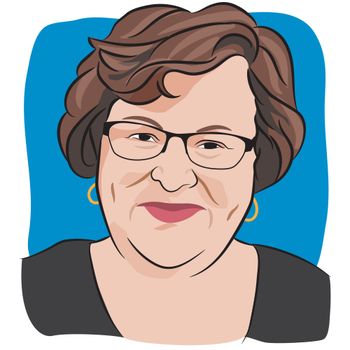
After experiencing another cancer scare (which thankfully turned out to be OK), I purchased a wig and a fun outfit to wear, prompting my family to think my cancer had returned.
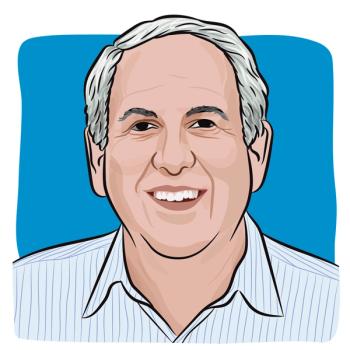
Cancer made me realize that there is more to life than just work.

For some, sticking to healthy habits can be difficult, but when I was going through cancer, I felt that my life depended on it.

It isn’t enough to say that cancer clinical trials need more diversity and patient support; we must take action.
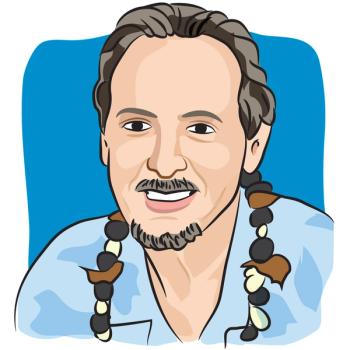
Communication is key with cancer survivorship, especially for rare diseases like male breast cancer.